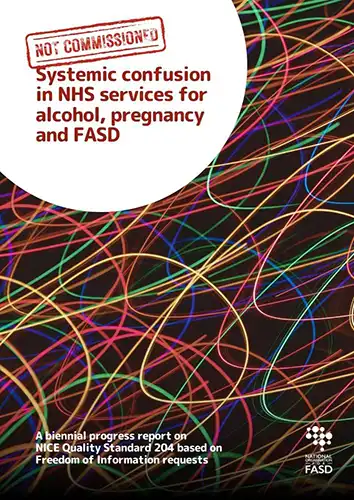

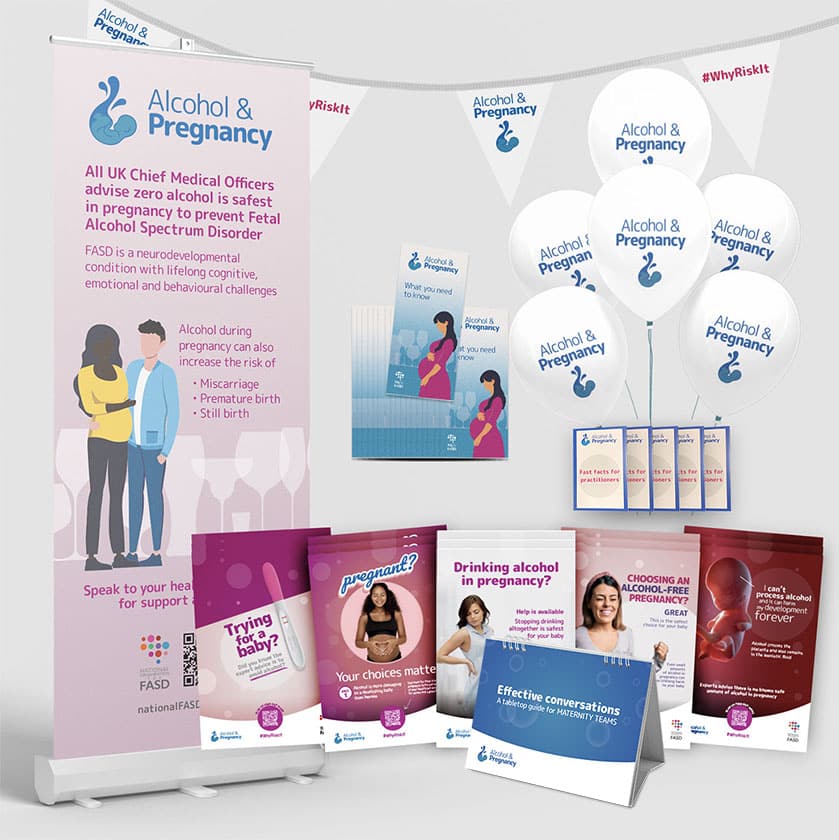
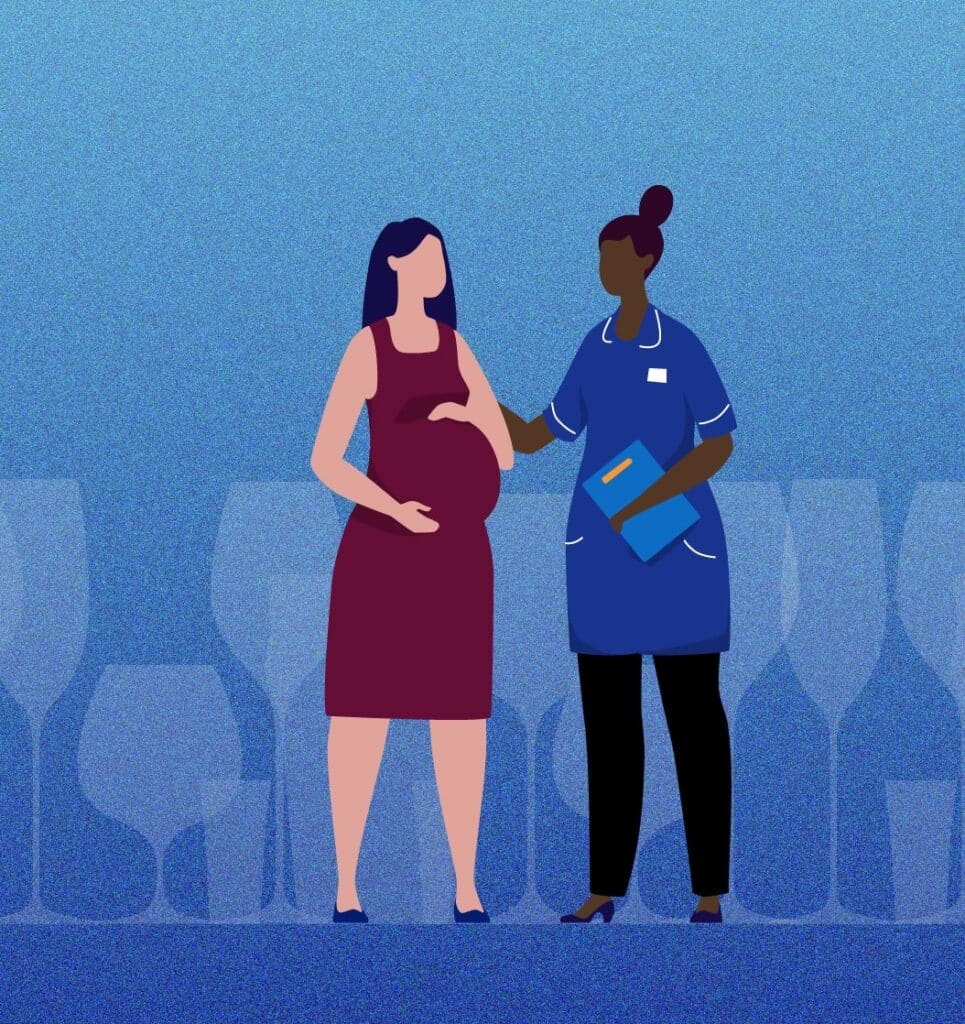
For pregnant women, Maternity Teams and healthcare professionals
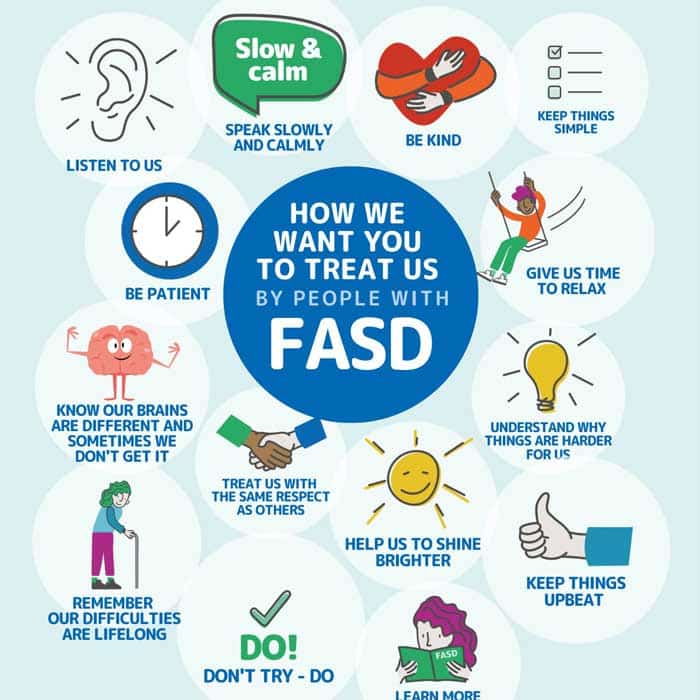

Hit the button below to learn more about ‘Not Commissioned: Systemic confusion in NHS Services for alcohol, pregnancy and FASD’. Download your own digital copy to see what the NHS in your area in England and Wales is doing and to be inspired by some exciting progress. Easy access summary available.

People with FASD live lives of courage. With diagnosis and the support they deserve, they can shine. Things are changing in the UK but the risks of alcohol in pregnancy are still too little known. We encourage everyone to work together to reduce the rates of FASD and to increase awareness.

Individuals with FASD and their families are at the forefront of this change.
Get involved, make some noise!
We are developing our selection of Easy Access Resources. Click below to see what we have so far.
May have FASD, a higher rate than Autism
of individuals living with FASD do not display facial features
of UK pregnancies are alcohol-exposed
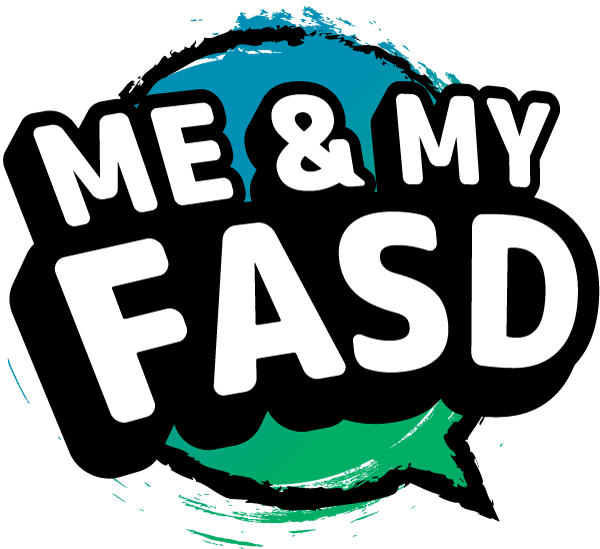
This exciting website was created as part of National FASD’s partnership with Seashell, funded by the Department of Health and Social Care. A gateway to resources designed with input from experts and people with FASD and their families to help children and young people understand and own the diagnosis, decrease their sense of isolation and learn coping strategies.
The National Organisation for FASD, The Priory, High Street
Ware, Hertfordshire. SG12 9AL
England
Helpline: 0208 458 5951